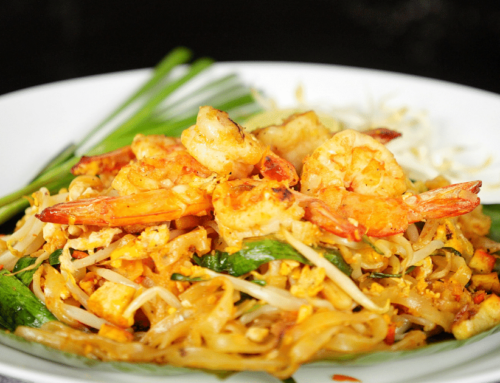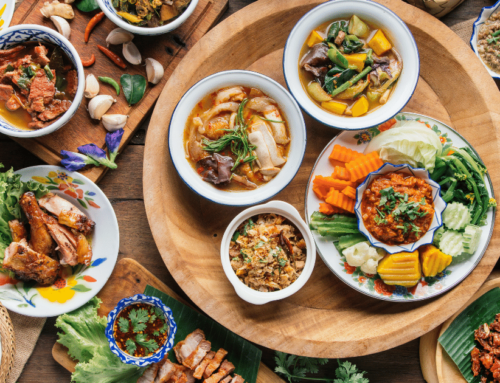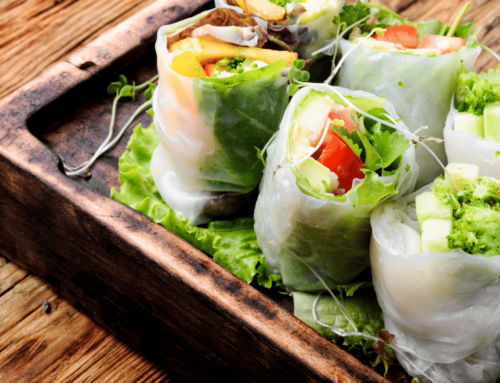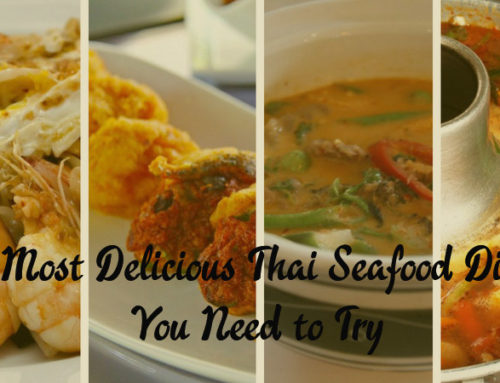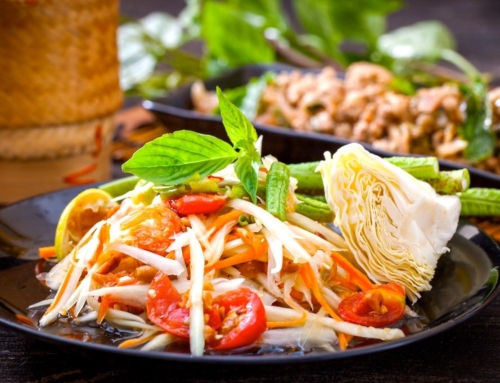3 reasons that make Thai food special
Thai food
All food is unique; that is a truth. So, what makes it unique? It depends from one cuisine to another. Some dishes are unique because of the manner of preparation or who prepares them. Other cuisines are because of the ingredients used. Accordingly, knowing and understanding can make a difference in seeing a particular dish. Wouldn’t it be nice to make eating an art of appreciation, too?
Today, let’s look at three reasons that make Thai food unique.
1. Freshness First, Always: Imagine the bustling markets, as previously stated, but extend that image further. Think of Thai farmers hand-picking lemongrass and turmeric from fields that have felt the warmth of the Southeast Asian sun. Freshness isn’t an option; it’s a requirement. It starts from the ground up, literally. Soil, climate, and topography contribute to the unique flavors of Thai ingredients, like Kaffir lime leaves and fresh coconuts. Even the proteins used—whether it’s a fish caught earlier in the day or chicken raised on a local farm—are fresh. The cooking techniques also reflect this focus on freshness. Quick stir-frying and minimalistic cooking methods help to retain the original flavors, textures, and nutrients. This unwavering commitment to freshness adds complexity to the cuisine, rendering each dish a microcosm of Thai nature.
2. Artisanal Complexity: To expand upon the intricacy of Thai food preparation, consider the elaborate dance of spices and seasonings that form the base for many dishes. The layering of flavors doesn’t merely occur during the cooking process but often begins days ahead with preparing curry pastes, fermented fish sauces, and hand-ground spices. It’s not just an assemblage but a symphony—each ingredient having its specific note yet contributing to an enchanting melody of flavors. Beyond the individual dish, the artistry extends to the entire meal composition. A traditional Thai meal aims to balance different types of flavors and textures, intertwining spiciness with sweetness and crispy elements with softer, comforting ones. The sheer variety of techniques—grilling, boiling, fermenting, and more—adds to the complexity, making Thai food a versatile but challenging cuisine to master.
3. A Living Relic of Culture: Let’s delve even further into the cultural roots of Thai food. With every bite, you’re participating in a time-honored tradition that extends back centuries. Traditional recipes have been passed down through the annals of family history, often recorded in worn, handwritten cookbooks that serve as culinary family heirlooms. The preparation methods may have evolved, incorporating modern kitchen appliances, but the essence and the stories behind the dishes remain. The cuisine carries a legacy of community gatherings, religious ceremonies, and regional folklore. Each province in Thailand has its specialty dish, contributing to a rich tapestry of culinary diversity. Thai food isn’t just a meal; it’s an ethnographic study, a history lesson, and a cultural experience wrapped into one.
And that’s precisely what we aim to bring you at Yummy Thai in Coppell. Our culinary philosophy is rooted in these three core principles. We believe in delivering a dining experience that’s authentic and fresh and resonates with the deep cultural heritage of Thai cuisine. So, are you ready to embark on an epicurean adventure? Satiate your cravings and discover what makes Thai food not just a dish but a rich, multi-sensorial experience.
Go ahead, give in to your cravings! Don’t just fantasize about the intricate medley of flavors, the rich cultural history, and the artisanal nuances that make Thai food so special. Experience it all at Yummy Thai in Coppell, where every dish is a tribute to authentic Thai craftsmanship. Life is too short for mediocre meals—indulge in the extraordinary!
Check out these blogs.


